Similarity & difference
Similarity and difference is based upon an understanding of the complexity of people’s lives, differing perspectives and relationships between different groups. Asking how similar or different allows pupils to draw comparisons across people, their perspectives, motivations and actions as well as across time and space, helping children to develop a greater understanding of modern global society.
Sort by:
Date (Newest first) | Title A-Z
Show:
All |
Articles |
Podcasts |
Multipage Articles
-

A creative Egyptian project
ArticleClick to view -

Ancient Sumer
ArticleClick to view -

Assessment and Progression without levels
ArticleClick to view -

Beyond compare: a study of Beatrix Potter and Benjamin Zephaniah
ArticleClick to view -
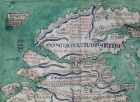
Britain's settlement by Anglo-Saxons and Scots
ArticleClick to view -

Churches as a local historical source
ArticleClick to view -

Developing early history skills and understanding through the EYFS
ArticleClick to view -

Dimensions Of Britishness: Cultural Diversity and Ethnicity
ArticleClick to view -

Early Islamic civilisation
ArticleClick to view -
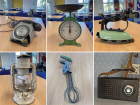
Exploring the past through active enquiry
ArticleClick to view -

Film: What's the wisdom on... Similarity and Difference (Primary)
ArticleClick to view -

Food – a theme for learning about the past
ArticleClick to view -

From Home to the Front: World War I
ArticleClick to view -

Hearts, Hamsters and Historic Education
ArticleClick to view -
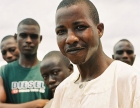
History supporting global learning
ArticleClick to view -

History through children’s voices
ArticleClick to view -
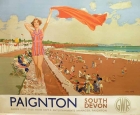
How can old advertisements be used in the primary classroom?
ArticleClick to view -
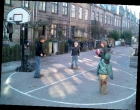
Learning what a place does and what we do for it
ArticleClick to view -

Little coins, big histories
ArticleClick to view -

Local History and the 2012 Olympics
ArticleClick to view


